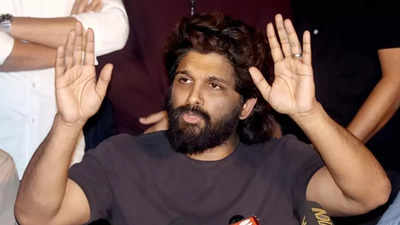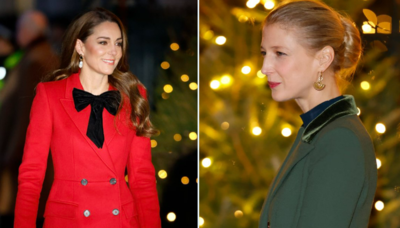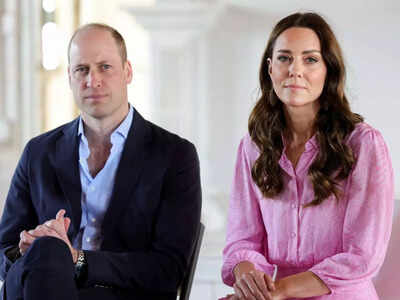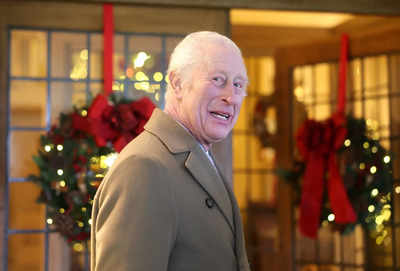British Indian Priti Patel eliminated in first round of Conservative Party leader race

British Indian former home secretary Priti Patel was eliminated from the race to replace Rishi Sunak as the next Conservative Party leader on Wednesday, receiving only 14 votes out of 121 votes in the first round of voting by her fellow Tory MPs.
The new leader will replace Sunak, who has been serving as the acting Opposition Leader in the House of Commons since the party’s defeat in the July 4 general election, on November 2.
The results was announced by Bob Blackman, the chair of the Tory backbench 1992 Committee, during a meeting within the Parliament complex in Westminster.
Former immigration minister Robert Jenrick emerged as the frontrunner with 28 votes. Kemi Badenoch, the shadow communities secretary, came in second with 22 votes. She will now compete with former Tory ministers James Cleverly (21 votes), Tom Tugendhat (17 votes), and Mel Stride (16 votes) in the next round of voting by MPs next Tuesday.
Following next week’s vote, the remaining four candidates will face off at the party conference at the end of the month to determine the final two on the online ballot papers for the wider Tory membership vote.
“From growing up watching her father work seven days a week running the local shop to being on the side of businesses and entrepreneurs her whole career, Priti knows the value of hard work and enterprise,” read Patel’s final leadership pitch highlighting her upbringing.
Her camp also emphasized her ability to hold the Labour Party accountable, stating, “Labour’s higher taxes and growing socialist state put the growing British economy at risk. Priti is best equipped to hold them to account.”
The remaining candidates have focused their leadership pitches on various themes. Jenrick has pledged to “unite the Conservative Party around our enduring principles,” while Badenoch has emphasized “making the case for renewal.” Cleverly claimed that “momentum” was on his side, and Tugendhat, now battling Mel Stride to stay in the race, asserted that he is the only candidate who can deliver a “Conservative revolution.”
The new leader will replace Sunak, who has been serving as the acting Opposition Leader in the House of Commons since the party’s defeat in the July 4 general election, on November 2.
The results was announced by Bob Blackman, the chair of the Tory backbench 1992 Committee, during a meeting within the Parliament complex in Westminster.
Former immigration minister Robert Jenrick emerged as the frontrunner with 28 votes. Kemi Badenoch, the shadow communities secretary, came in second with 22 votes. She will now compete with former Tory ministers James Cleverly (21 votes), Tom Tugendhat (17 votes), and Mel Stride (16 votes) in the next round of voting by MPs next Tuesday.
Following next week’s vote, the remaining four candidates will face off at the party conference at the end of the month to determine the final two on the online ballot papers for the wider Tory membership vote.
“From growing up watching her father work seven days a week running the local shop to being on the side of businesses and entrepreneurs her whole career, Priti knows the value of hard work and enterprise,” read Patel’s final leadership pitch highlighting her upbringing.
Her camp also emphasized her ability to hold the Labour Party accountable, stating, “Labour’s higher taxes and growing socialist state put the growing British economy at risk. Priti is best equipped to hold them to account.”
The remaining candidates have focused their leadership pitches on various themes. Jenrick has pledged to “unite the Conservative Party around our enduring principles,” while Badenoch has emphasized “making the case for renewal.” Cleverly claimed that “momentum” was on his side, and Tugendhat, now battling Mel Stride to stay in the race, asserted that he is the only candidate who can deliver a “Conservative revolution.”





